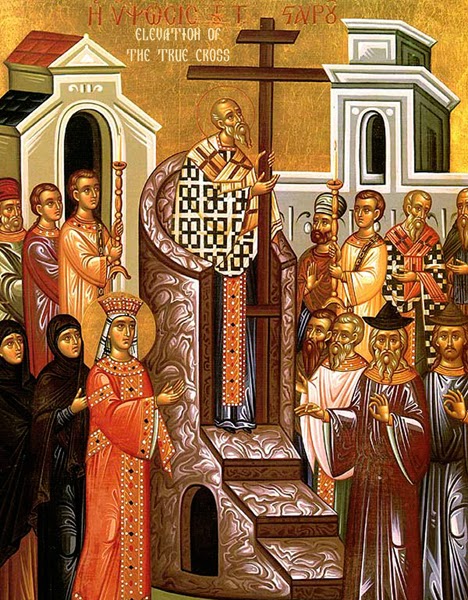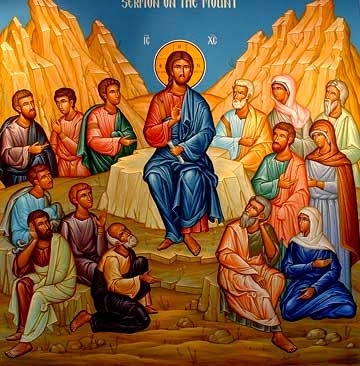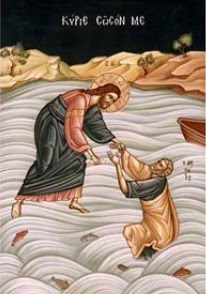Homily for the Feast of the Exaltation of the Holy Cross, 2014, Year A

Fr. René J. Butler, M.S. Director, La Salette Shrine Enfield, NH ( Click here for today’s readings ) What do Judas, and the leaders of the Sanhedrin, and Pontius Pilate, all have in common with God the Father? You might find the question confusing, even bizarre, if not downright blasphemous, but the idea came to me when reading a commentary of St. Augustine on the First Letter of John, which I also referred to in last week’s homily. Note the following passages, all from the New Testament: “Then one of the Twelve, who was called Judas Iscariot, went to the chief priests and said, “What are you willing to give me if I hand him over to you?” They paid him thirty pieces of silver, and from that time on he looked for an opportunity to hand him over.” (Matthew 26:15-16) “As soon as morning came, the chief priests with the elders and the scribes, that is, the whole Sanhedrin, held a council. They bound Jesus, led him away, and handed him over to Pilate.” (M




